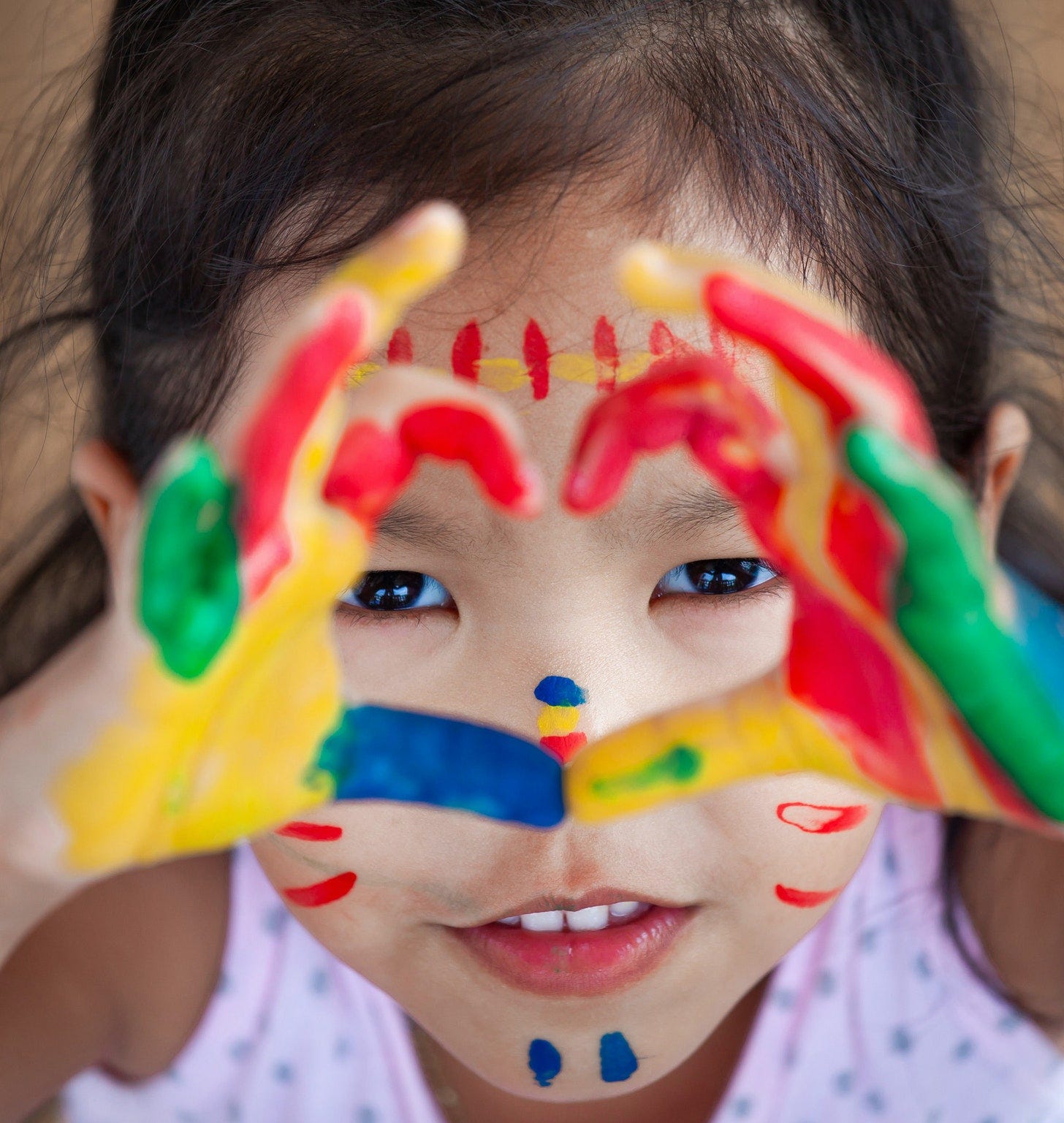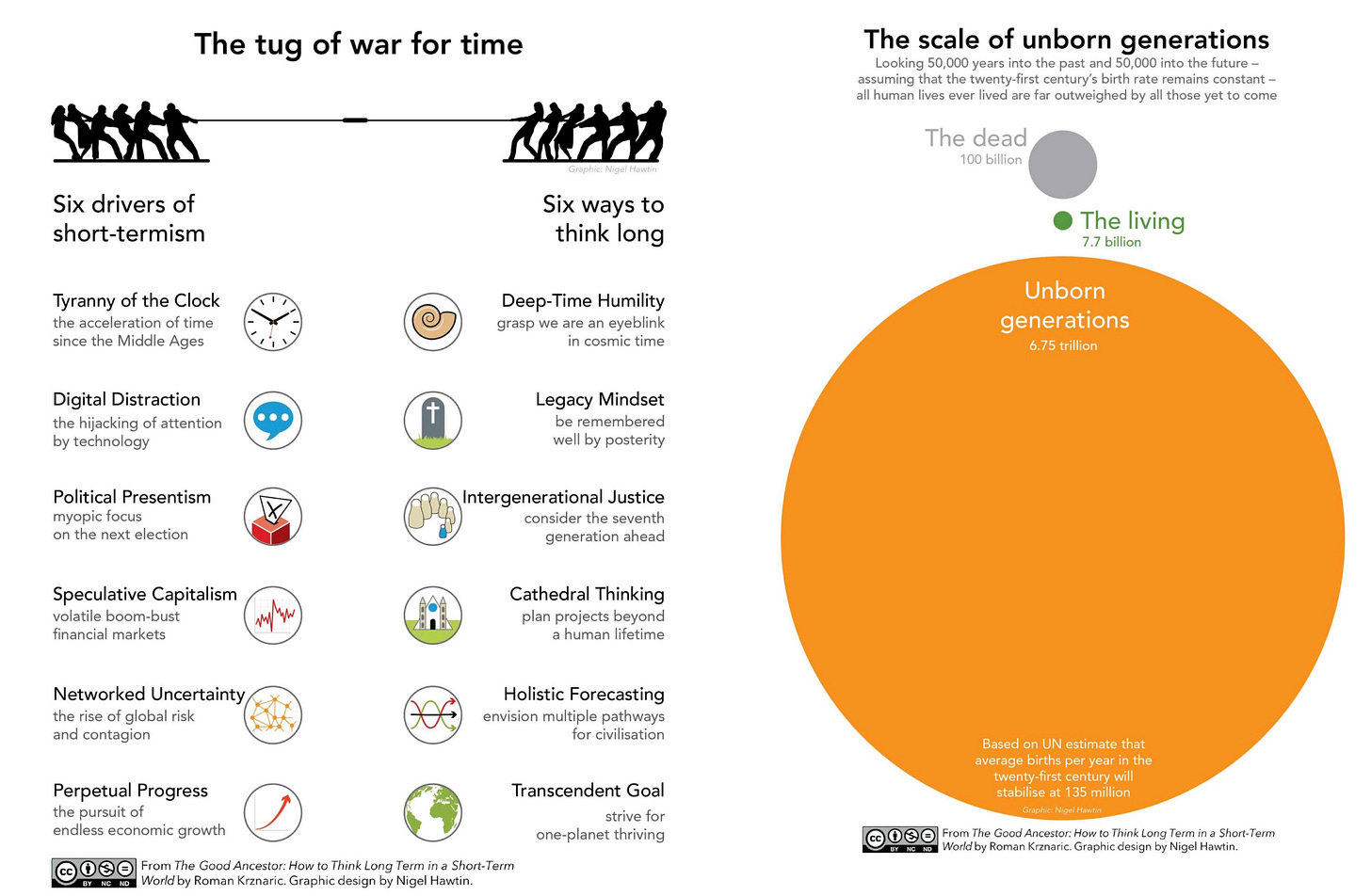Welcome to the eighth edition of Small Talks. Every Friday, I highlight 6 areas of weekly joys and reflections in early childhood and the whole family. Small Talks leverages my experience at the intersection of education, philanthropy and impact investing. Enjoy!
What I’m celebrating —
The American Family Act is a potential game changer in early childhood and family well-being… It includes parental leave, child care and early education investments, child tax credits, free community college, wraparound services (child care, mental health) for retention/completion at colleges and universities. More in this White House brief.
Great interview with Sal Khan in EdSurge featuring Khan Academy Kids, the early learning platform for 2-7 year olds- free, high quality, featuring lots of books and whimsical characters. I also enjoyed this discussion between Sal Khan and Secretary of Education Miguel Cardona, discussing innovation, racial disparities, and the importance of early childhood education.
This incredible thread from art students asked to come up with a post-pandemic New Yorker magazine cover. This hit a chord.
What I’m listening to —
I enjoyed this podcast with Abigail Tucker about biological changes and brain neuro-plasticity in moms. Interesting observation on ‘stress incubator’ for new moms in the US, different baby ‘personalities’ across countries, and rejuvenating effect for grand-mothers. Good write-up.
I look forward to reading Bruce Perry and Oprah Winfrey’s new book What Happened To You. In the meantime, I listened to Super Soul on childhood trauma, which emphasizes the importance of the early years, and especially the first 2 months of life. Excerpt below.
Future Trends’ Forum with Bryan Alexander and Justin Reich, assistant professor of digital media at MIT, and author of the new book Failure to Disrupt: Why Technology Alone Can’t Transform Education. How much has technology changed higher education (and education more broadly)?
1in5 podcast by Ascend at The Aspen Institute features Rashika Lee, who raised her son as a single mom, and now a grandmother of 3, who found a postsecondary education that fit her needs — with educational, emotional and community support built into its programming.
Adam Grant’s new TEDTalk 'what frogs in hot water can teach us about thinking again’ - what we need in leaders is not confidence, but confident humility.
What I’m reading —
The Good Ancestor by Roman Krznaric is a masterpiece, championing long-term thinking, and the need to think across generations (seven generations and beyond).
“The moment has come, especially for those living in wealthy nations, to recognize a disturbing truth: that we have colonized the future. We treat the future like a distant colonial outpost devoid of people, where we can freely dump ecological degradation, technological risk, and nuclear waste, and which we can plunder. {…} The great silent majority of future generations is rendered powerless and airbrushed out of our minds.”
What I’m watching —
“The Cinderella story of early childhood”: our U.S. military system went through a major transformation (executed in less than 5 years), after major issues were uncovered in the 1990s’. It is now 97% high quality (compared to 10% in civilian sector) with low turnover of staff, thanks to early childhood teachers compensated & trained. Watch this inspiring short PBS feature.
Inspired by GenX, a program pairing older volunteers with young children in early elementary. The results are exceptional: meaningful decrease in reported behavioral issues (60% decrease in office referrals for classes with GenX volunteers), greater attendance, increased level of engagement for children; AND volunteer weight loss, improved health & stamina, etc.
What I’m learning and exploring more deeply —
“A Year in the Life of a Pandemic” by Philip Fisher, Joan Lombardi, and Nat Kendall-Taylor highlights how emotional support is a powerful buffer against the “chain reaction of hardship”. It also decomposes data by racial groups, with Black and Brown children and families more impacted by material hardship.
“Stark inequality starts early” reports Jackie Mader at the Hechinger Report.
Interesting piece by David Kirp in The New York Times “A 4-Year-Old Child Is Not a Problem. And Expulsion Is Not a Solution”, featuring the trauma-informed work of Kidango in California and research from Dr. Walter Gilliam.
Research organization Child Trends highlights how much the pandemic has impacted student parents’ plans. 20% had to change course.
Quote I am pondering —
“If you want to be successful, you should have high EQ, a way to get on with people [EQ is shorthand for emotional intelligence]. If you don’t want to lose quickly, you should have good IQ. But if you want to be respected, you should have LQ- the quotient of love. The brain will be replaced by machines, but machines can never replace your heart.”
— Jack Ma, founder of Alibaba
Feedback is a gift. Which part above is your favorite? What did I miss? What do you want more or less of? Other suggestions? Please kindly let me know.
Have a wonderful week. Please stay safe and care for each other.
Isabelle







Thank you from the bottom of my heart for starting my day with light and hope. Bless you, Isabelle.
Thank you for your excellent, rich, and varied newsletters. Regarding your Edsurge article on the three-headed crisis, I agree that rising mental health issues and lower empathy are both concerning trends. With creativity during the pandemic, I feel that children got to see parents and teachers get creative out of necessity during remote learning and got to witness start-up style iterations based on what worked and didn't. I'm looking forward to listening to your podcast recommendation, "No one is coming to save us" - love anything done with a sense of humor, especially when the topics are heavy! Lastly, I appreciated seeing "On Children" by Kahlil Gibran - it's one of my favorites and a great reminder for me.